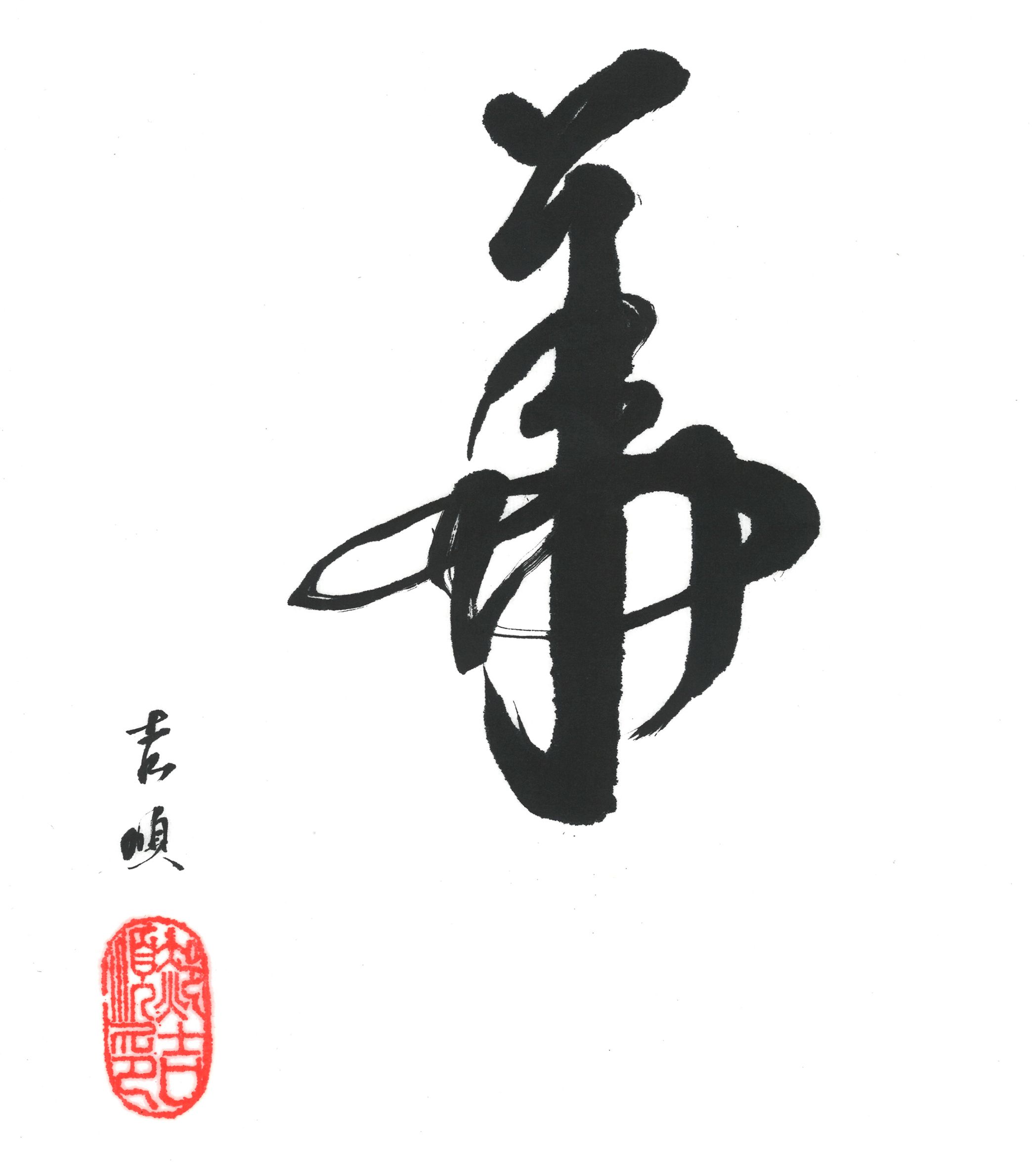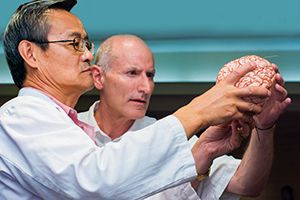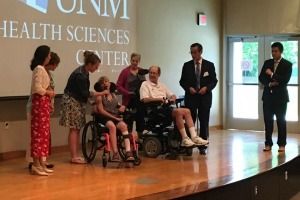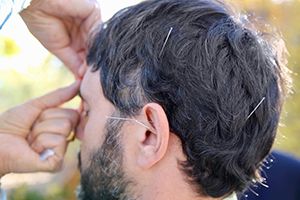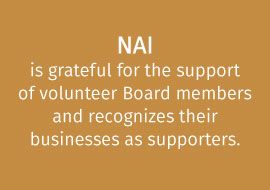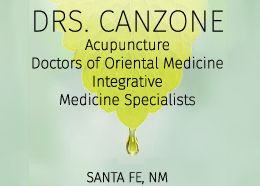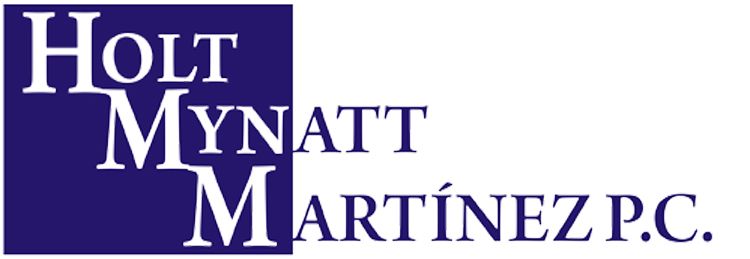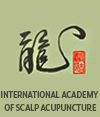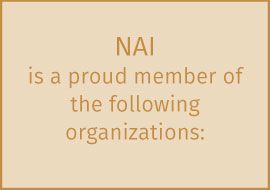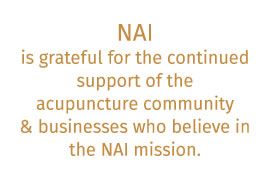Level II: Comprehensive Training in Neuro-Acupuncture
28 CEUs (NCCAOM, CA, FL, TX)

Level II explores advanced scalp acupuncture techniques, including in-depth discussion about assessment and treatment of neurological disorders involving brain injuries, such as stroke and traumatic brain injury. More qi cultivation techniques will be introduced as well as modules in nutrition for the neuropathies due to diabetes and case report writing and analysis.
Three levels of training are required to achieve certification in Neuro-acupuncture. Levels II is a four day intensive and III is a five-day intensive workshop taught by experts in the varying subject matter. Students must successfully complete each level in sequence to qualify for the next level.
Course Dates
In Person Class for Level II
February 6-9, 2025
Cost: $3200
EB Discount: $2880
Early Bird Discount Available until
January 1, 2025
Level II Classes are all Mountain Time starting at 8:30 am
ending at 5:30pm. Level II will be held at the Sheraton Uptown
in Albuquerque. Once you've registered, you will receive all the information
needed to book your block rate room with the hotel.
Thank you for your attention to this detail.
We look forward to seeing you in class!
We will be having this Level II Class at the Sheraton Uptown
in Albuquerque. When you register, the link for the Block Hotel
Rate will be sent to you.
Please email me once yu've registered and paid to receive the block room rate link to book your room.
If you would like to join our mailing list to receive course announcements and registration updates, please email us at Nai@NeuroAcupunctureInstitute.org.
Prerequisite:
Must have successfully completed the Comprehensive Training in Neuroacupuncture, Level I.
Level ll Topics
Fang Style Scalp Acupuncture
Neuroacupuncture for the Treatment of Autism
Advanced Neuroanatomy
Neuroacupuncture for the Treatment of TBI & Concussion
Advanced Neuro Exam
Peripheral Nerve Electro-Modulation for Neuro-Rehab
Advanced Acupuncture Techniques
Neuroacupuncture for the Treatment of Multiple Sclerosis
Note: Topic subject to change without notice.
See Faculty Bios

